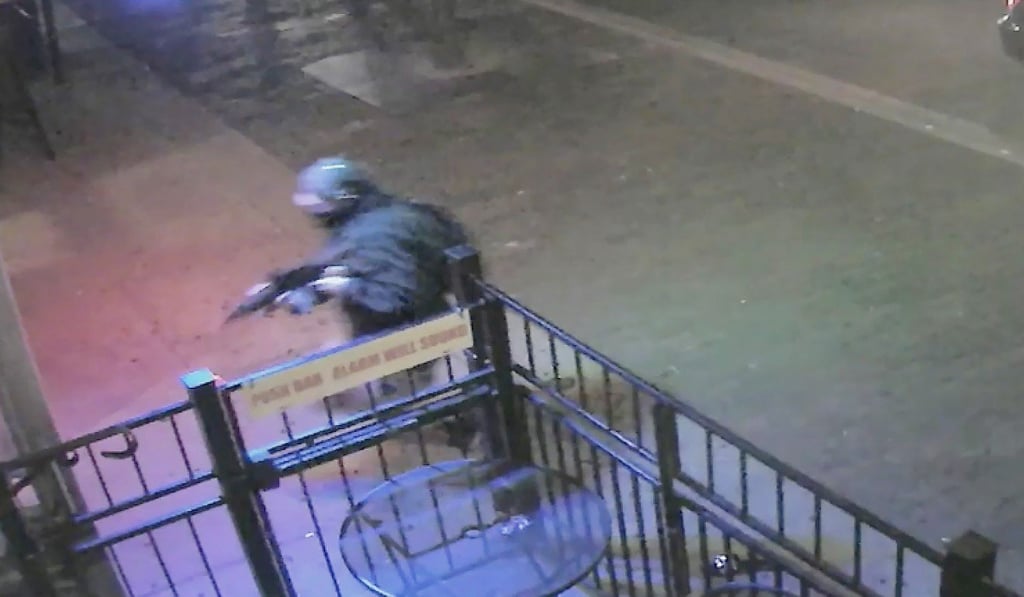Advertisement
Are violent video games or mental illness causing US mass shootings?
- US President Donald Trump ties mass shootings that left 31 dead in two US cities over the weekend to hate, violent video games and mental illness
- But with 255 mass shooting events counted so far this year in the United States, analysts say those factors don’t explain all the violence
5-MIN READ5-MIN

Every time a mass shooting occurs, America talks about mental health.
Many US politicians are quick to point to the shooters’ disturbed minds. News reporters probe for “loner” tendencies or signs of instability.
“Mental illness and hatred pull the trigger . Not the gun,” said US President Donald Trump on Monday, after two mass shootings in less than 24 hours.
Advertisement
So is mental illness to blame for America’s mass shootings? Not according to research.
Some mass shooters have a history of schizophrenia or psychosis, but many do not. Most studies of mass shooters have found only a fraction have mental health issues.
Advertisement
Researchers have noted a host of other factors that are stronger predictors of someone becoming a mass shooter: a strong sense of resentment, desire for infamy, copycat study of other shooters, past domestic violence, narcissism and access to firearms.

Advertisement
Select Voice
Select Speed
1.00x